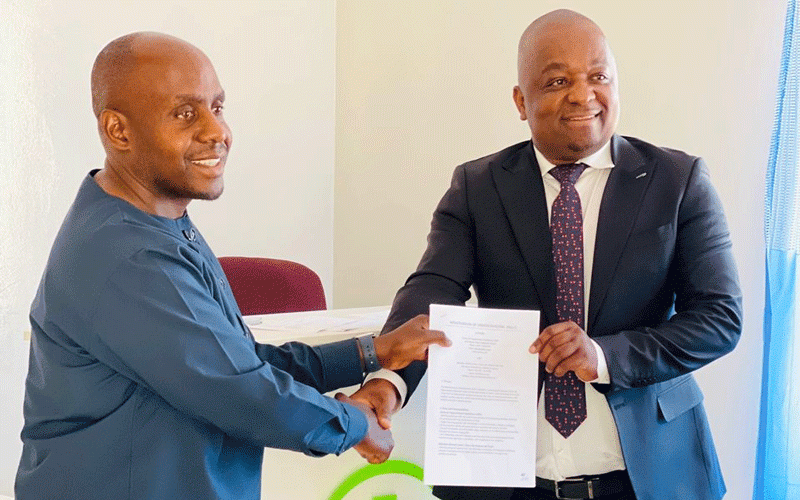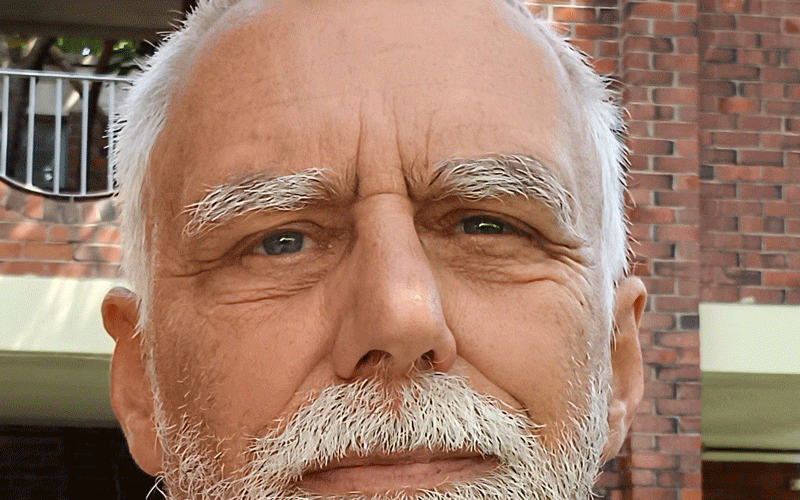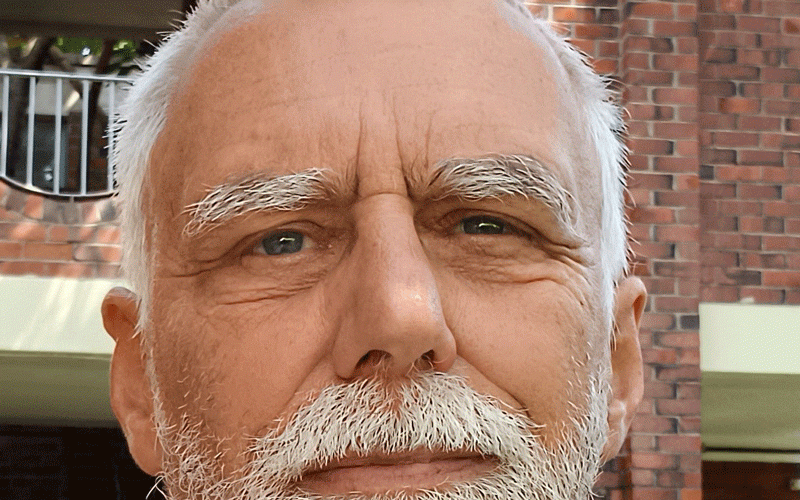
Action for Empowerment Zimbabwe (AEZ) has launched a nationwide school health initiative in partnership with Belvedere Medical Centre (BMC), aiming to set up medical facilities and offer affordable healthcare services in learning institutions across the country.
The initiative, which was unveiled in Harare last week, seeks to position schools as centres for education and basic healthcare, targeting learners, teachers and support staff.
AEZ president Alson Darikayi said the programme responds to growing health needs in schools and the gap in access to affordable medical services.
“A child who is unwell cannot learn, and a teacher battling illness cannot perform effectively,” Darikayi said.
“This programme ensures that every school becomes a safe and healthy learning environment, where the welfare of both learners and staff comes first.”
BMC chief executive officer Simba Makuni said the initiative responds to rising health needs among school-going children and the growing burden of both lifestyle-related and communicable diseases.
“We are seeing increased cases of non-communicable diseases such as diabetes and asthma among young people, alongside everyday illnesses, allergies and communicable diseases like typhoid, Covid-19 and common colds.
Schools are high-impact environments with sports activities and large student populations, so timely healthcare support is essential,” Makuni said.
- New perspectives: Zim govt has to find balance between economy and politics
- 9 000 farmer field schools on cards
- Desert Jewels outshine the Gems
- Gwanda residents apprehend robbers
Keep Reading
He said the school health centres would provide on-site services tailored for education institutions, reducing delays in accessing medical attention and improving emergency response during sports or classroom-related incidents.
“Our vision is to bring healthcare to school premises. Every school we partner with will have emergency and non-emergency equipment, medicines and sundries, and a qualified nurse available throughout the school day,” he said.
“We want learners to access care where they spend most of their time — at school.”
Under the model, school health centres will operate from Monday to Friday for eight hours a day, backed by a 24-hour Accident and Emergency unit and 24-hour ambulance cover for severe cases.
Makuni said enrolled students would enjoy a comprehensive health package.
“Students will have unlimited consultations at our school clinics and access to emergency ambulance services where needed, especially for school-related incidents,” he explained.
“They will also access laboratory tests, X-rays, emergency care at our 24-hour A&E, and prescription drugs — all up to their benefit limits.”
The programme will also include food handlers’ medical examinations to reduce risks of disease outbreaks linked to food contamination in school environments.
Schools interested in joining the programme must sign a service agreement and provide, according to Makuni and on average, the set-up and approvals take about three months if inspections happen on time.
Darikayi said the health programme builds on AEZ’s existing work in the education sector through the Schools Development Programme (SDP), which focuses on leadership training, school infrastructure development, income-generation projects, teacher welfare and scholarships for vulnerable learners.
He added that the annual National Education Conference and Expo — hosted by AEZ — continues to serve as a critical platform for national dialogue on education innovation and development.
Darikayi said the initiative complements government efforts under Vision 2030 and the Second Republic’s emphasis on public-private partnerships and human capital development.
“By linking education and health, we are contributing directly to national development objectives and ensuring no learner or teacher is left behind,” he said.
AEZ urged schools, corporate institutions and development partners to support the programme.










